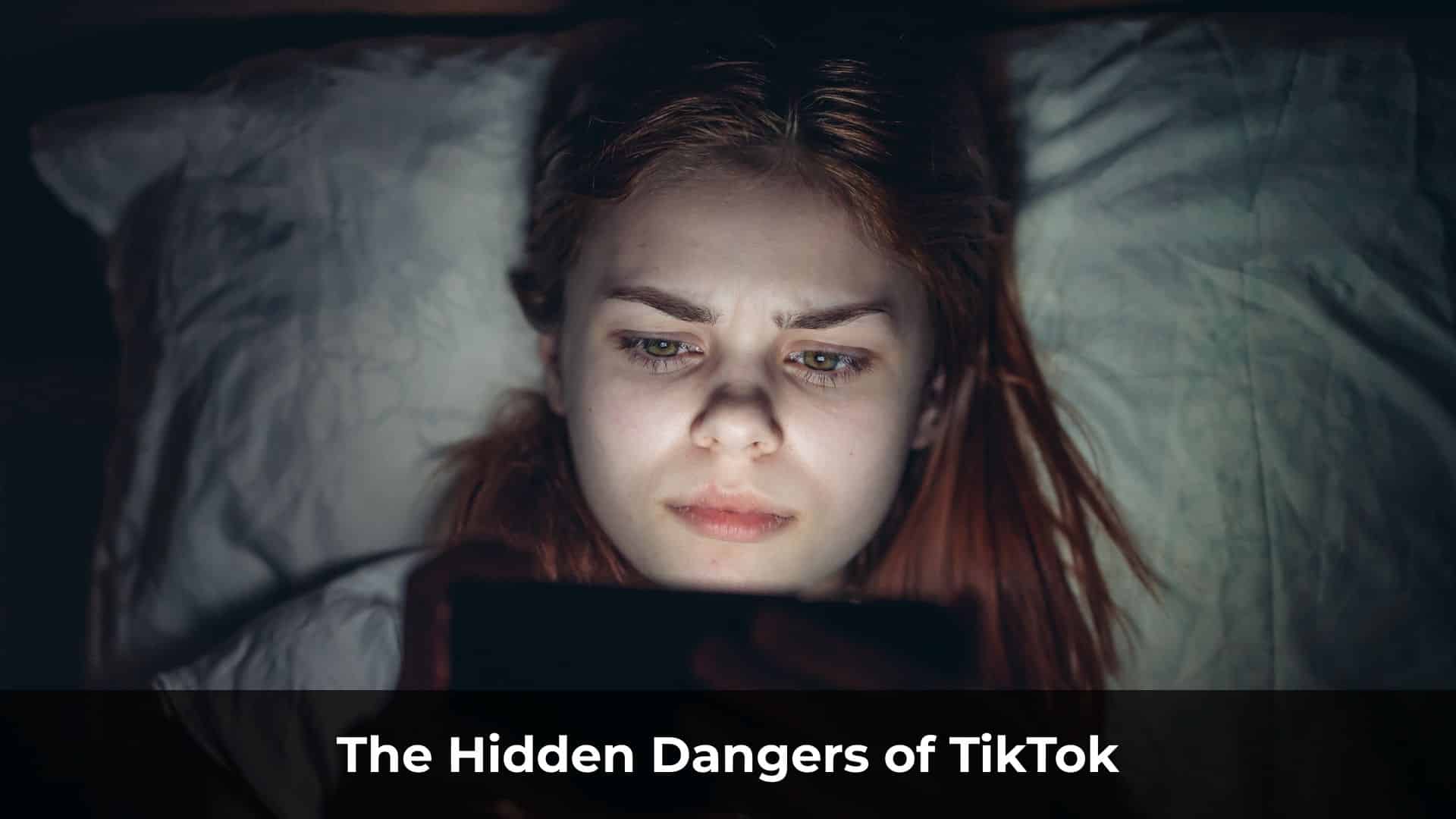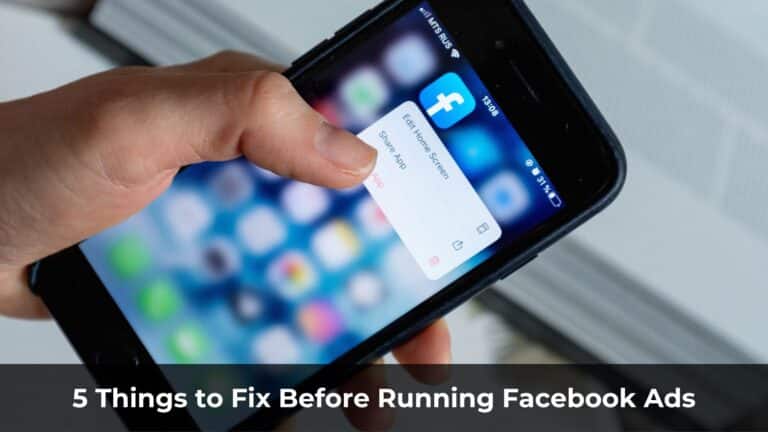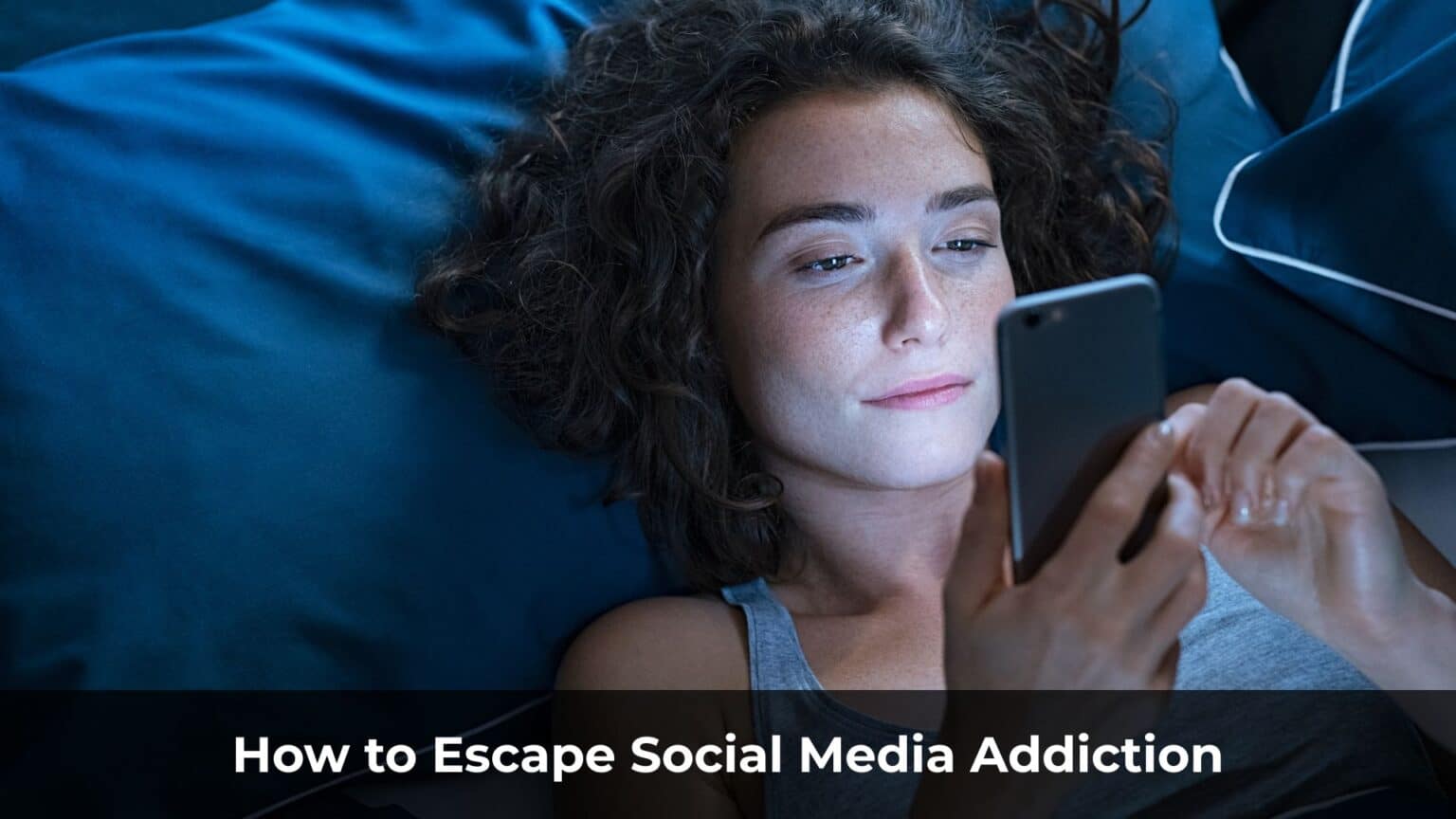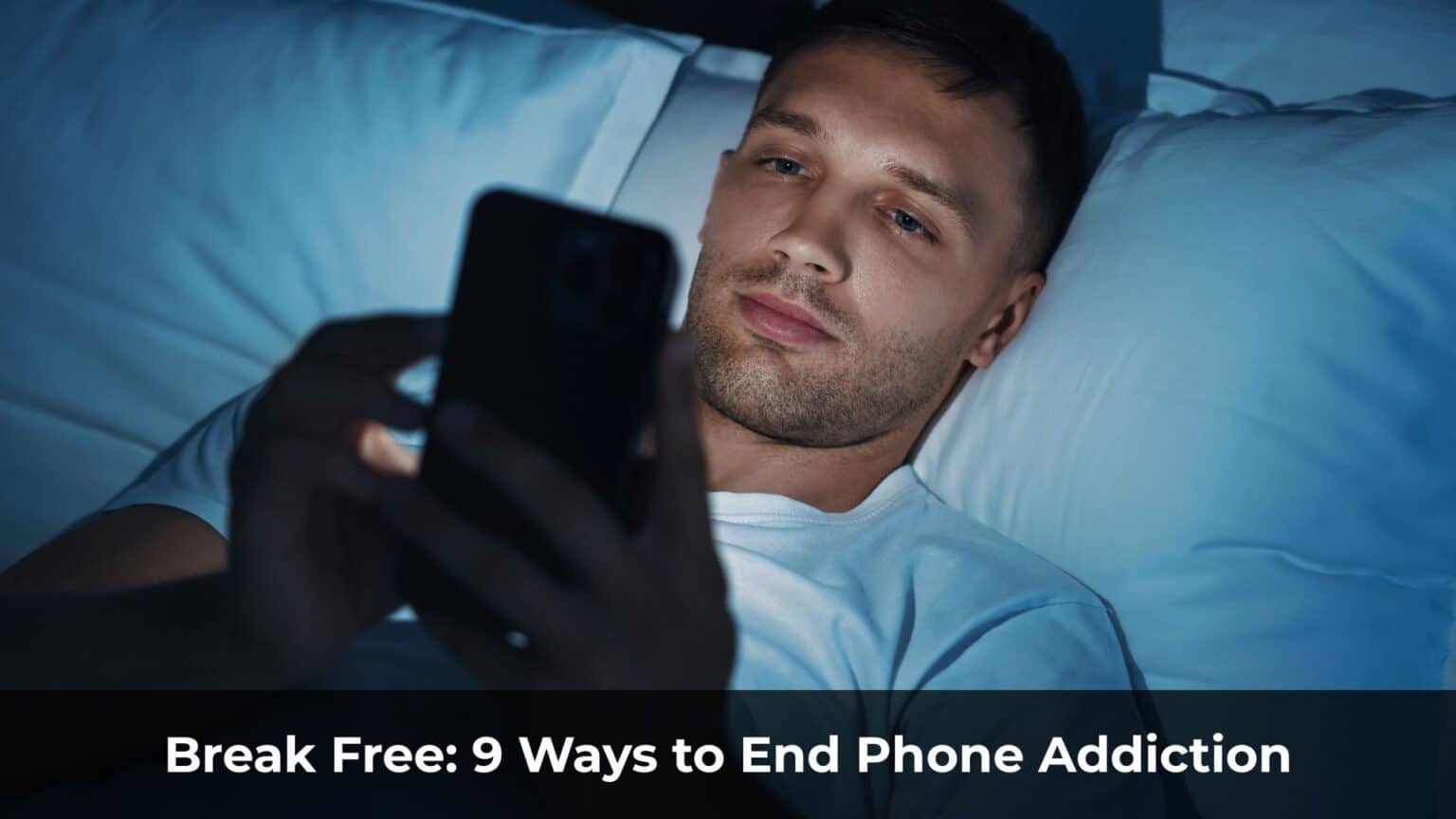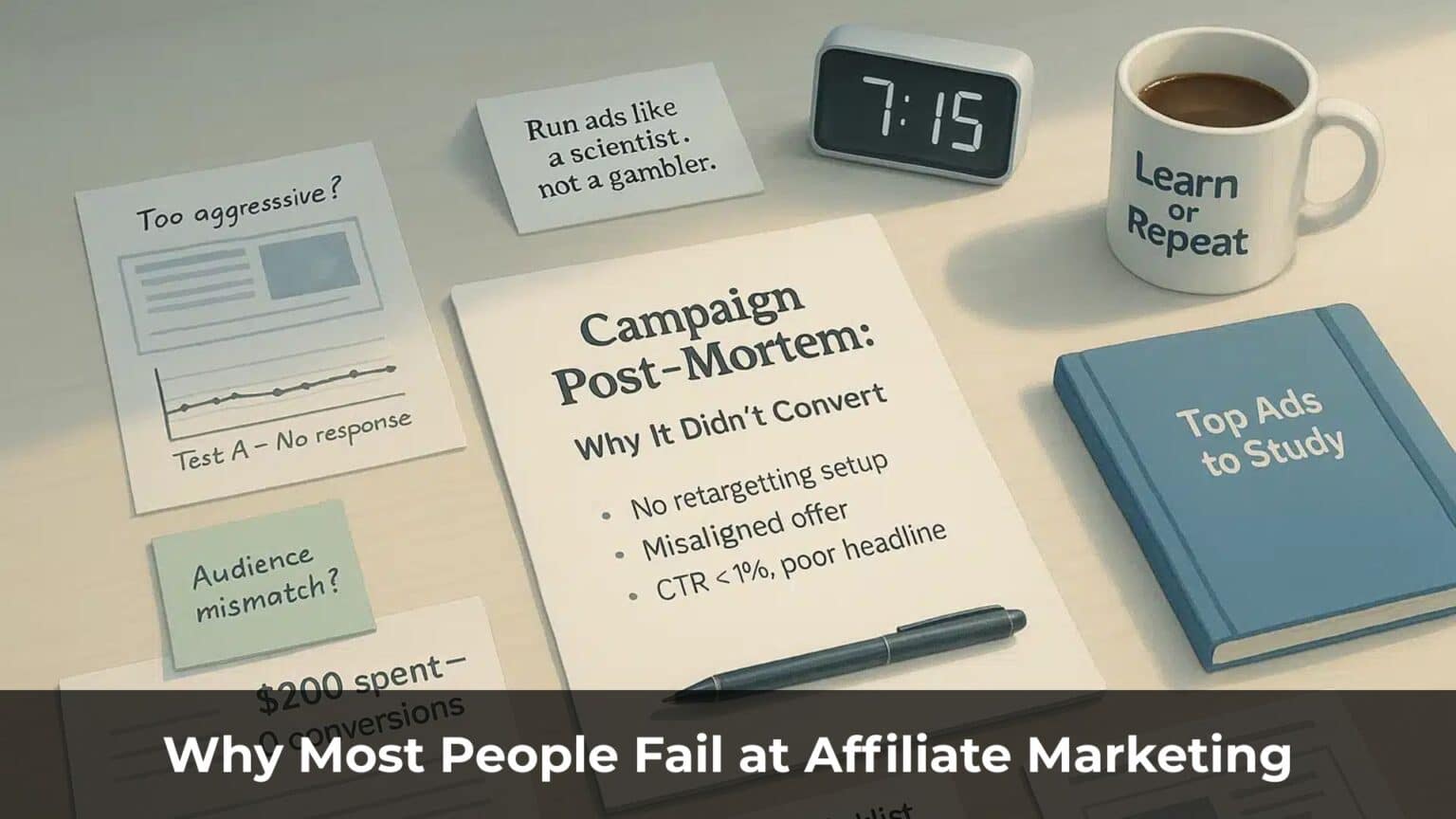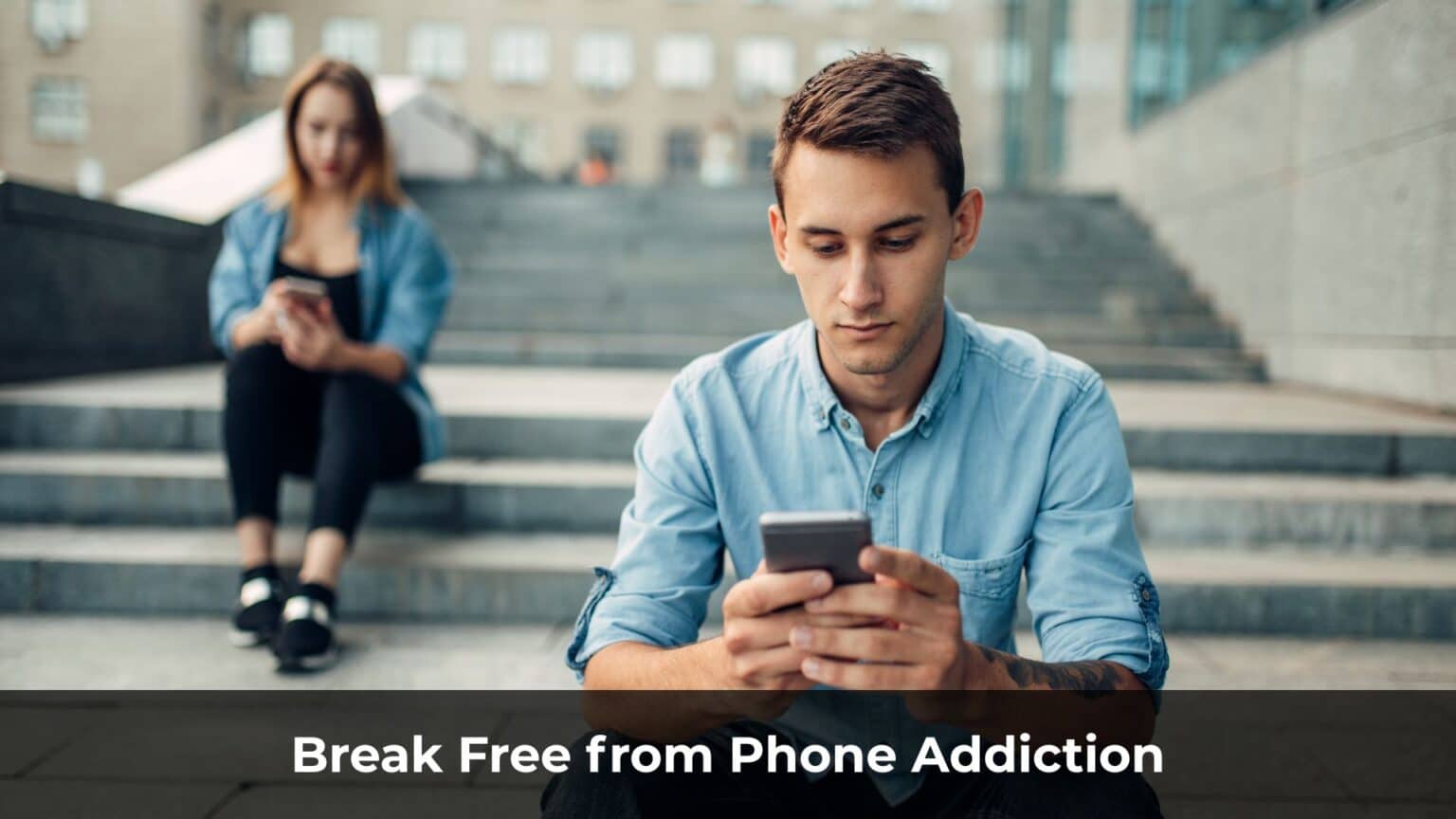Are you spending more time scrolling TikTok than actually living your life?
More and more people are trading real-world activities — like learning, building relationships, and improving their mental or physical health — for endless swiping on short videos. The result? Burnout, brain fog, decreased focus, and fading social skills.
You know it’s a problem. You want to quit. But it’s harder than it sounds.
In this article, we’ll break down how TikTok is hijacking your brain, the long-term risks you might not see coming, and — most importantly — how to take back control and detox from it once and for all.
Table of Contents
ToggleMore People Are Addicted to TikTok Than You Think
Since its launch in 2017, TikTok has grown into one of the largest social media platforms on the planet. It now boasts around 1 billion users globally — including over 100 million in the U.S. and 23 million in the U.K.
Despite its popularity, TikTok is banned in five countries: China, India, Pakistan, Indonesia, and Bangladesh. In fact, it was temporarily banned in the U.S. during the Trump administration, but the restriction was lifted under President Biden.
TikTok — along with its Chinese counterpart, Douyin — is indirectly controlled by the Chinese government. As a result, content that challenges or criticizes Chinese authorities is often censored or removed.
TikTok’s biggest user base? Teenage girls aged 10 to 19, who make up 16.4% of all U.S. users. In total, women account for roughly 57% of the platform’s audience.
Why Is TikTok So Addictive?
Unlike Facebook — where your feed is mostly filled with updates from friends — TikTok doesn’t wait for you to engage. Instead, it aggressively pushes content using a powerful algorithm designed to predict exactly what will hook your attention.
Each video is just a few seconds long… yet somehow, you end up wasting hours. Time that could’ve gone into building your business, learning a skill, or improving your life — lost in a dopamine loop.
But it’s not entirely your fault.
TikTok’s algorithm is engineered to exploit psychological vulnerabilities. Your job is to recognize the trap — and take back control.
Psychologists have compared TikTok to a digital form of opium. Dr. Julia Albright of the University of Southern California explains that the app uses the same addiction mechanics as gambling. It’s a concept in psychology called “random reinforcement” — sometimes you get a reward, sometimes you don’t. Just like a slot machine.
TikTok was built on this principle.
In fact, Dr. Albright admitted she got hooked the very first time she used it. One 15-second video led to an entire afternoon lost — unable to focus or get anything done.
Each time you scroll, your brain is chasing that next little burst of dopamine — maybe it’s an exciting image, a surprising punchline, or a video that makes you laugh. That tiny spike keeps you scrolling… and scrolling… and scrolling.
Over time, the brain also releases dopamine and serotonin when you receive likes, comments, shares, saves, views, or new followers. It feels good — addictively good. Eventually, your brain starts depending on this artificial stimulation for pleasure. That’s when it becomes a problem.
Neurologists warn that this can cause real damage — and recovery may take months.
And it’s not just TikTok anymore. YouTube Shorts, Instagram Reels, Facebook Reels… they’re all built on the same psychological blueprint.
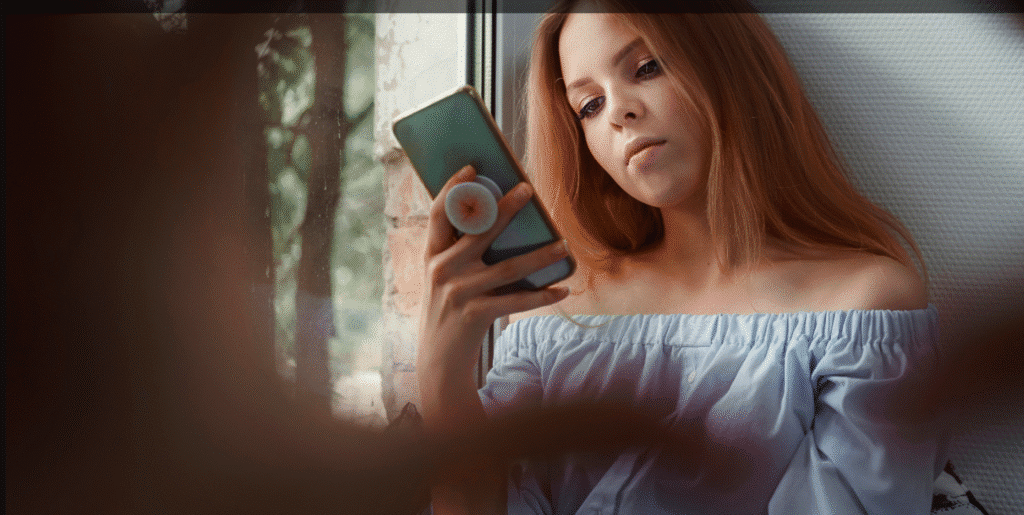
TikTok Is Destroying Your Focus
One of the biggest downsides of high-frequency social media use — especially apps like TikTok — is the toll it takes on your ability to concentrate.
After spending hours glued to short-form videos, your brain feels foggy, unfocused, and unmotivated. Good luck trying to sit down and do deep, meaningful work — especially if you’re trying to run an online business or build something that requires strategic thinking.
This lack of focus kills your productivity. Your output drops. The quality of your work suffers.
And if you’re working a 9-to-5? That’s when it gets serious. Poor performance doesn’t go unnoticed — your boss might start cutting your hours, your pay, or eventually… letting you go.
I say this from experience. As a team leader, I’ve had to let people go when they couldn’t deliver. Of course, I found “reasonable” reasons to justify it — but the root problem was always the same: poor focus, poor work.
It’s not easy watching someone walk out the door. But in the real world, results matter.
TikTok Is Eroding Your Thinking Skills — And Blocking Your Career Growth
If you study the habits of the world’s most successful people — CEOs, investors, creators, visionaries — one thing consistently shows up: clarity of thought.
They talk about focus. About mindfulness. About protecting their attention like it’s the most valuable asset they own. Because it is.
When your mind is scattered — constantly hijacked by TikTok clips and mindless content — you lose that clarity. Your ability to think deeply, learn quickly, and solve problems creatively begins to fade.
This isn’t just a productivity issue — it’s a career-killer.
If you’re in school, you’ll struggle to absorb complex ideas or retain what you learn.
If you’re working, you’ll fall behind others who can concentrate longer and deliver better results.
And if you’re running a business, a lack of sharp thinking can tank everything — poor decisions, weak leadership, lost trust. Your team will feel it, and eventually… they’ll walk away.
In a world where attention is currency, the inability to focus isn’t just inconvenient — it’s catastrophic.
And that’s exactly what platforms like TikTok are training your brain to lose.
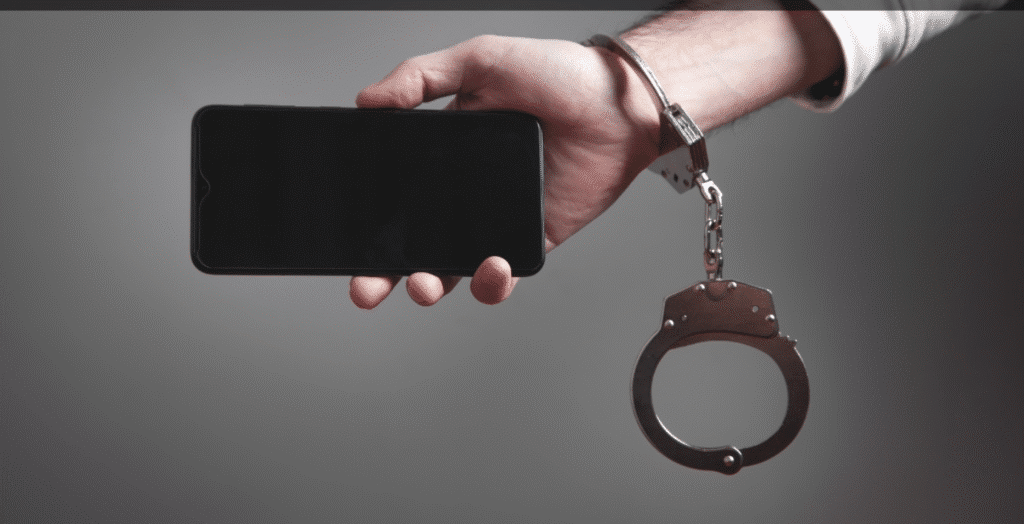
TikTok Addiction Can Tear Families Apart
Parents around the world are growing increasingly concerned — and for good reason.
When kids spend hours a day on TikTok instead of engaging in meaningful conversations or developing their minds, it creates real tension at home. What starts as “just some fun videos” can quickly escalate into emotional distance, behavioral changes, and even open conflict.
Many parents have observed that ever since their children started using TikTok, something changed. The once-curious, cheerful, obedient child becomes moody, withdrawn, or even defiant. They lose interest in real-world activities. Their attention spans shrink. Their emotional resilience weakens.
Worse, TikTok has become a breeding ground for dangerous viral trends — some of which have led to actual deaths.
Just recently, I saw a news report about children who died after attempting challenges like holding their breath until they passed out, overdosing on medication, provoking strangers in public, or performing reckless stunts for likes.
That’s not entertainment. That’s exploitation.
As a parent, I’ve made a firm decision: TikTok and similar platforms have no place in my household.
I don’t allow children in my family to use smartphones, not because I’m overly strict — but because I care deeply about their long-term safety, mental health, and development.
It may sound harsh, but sometimes love means saying no — especially when the danger is silent, digital, and disguised as fun.

TikTok Addiction Damages Both Physical and Mental Health
Spending hours scrolling on TikTok often means little to no physical activity — which directly impacts your health. Sedentary behavior leads to weight gain, muscle stiffness, and a higher risk of obesity-related diseases. Many of these health issues build up quietly, long before you even realize anything’s wrong.
But the damage isn’t just physical.
Research shows that people who are addicted to TikTok tend to have significantly higher rates of anxiety, chronic stress, and depression.
Their cognitive function — especially working memory and sustained attention — also tends to decline over time. The constant stimulation rewires the brain, making it harder to focus, reflect, or process emotions in a healthy way.
Let me be clear: this is not about blaming or shaming anyone.
If you’re struggling with TikTok addiction, you are not weak — you’ve been targeted. The app is intentionally designed to be addictive. Its algorithms are built to hijack your attention and override your self-control.
That’s why I’m genuinely glad you’ve made it this far in this article. Awareness is the first step. You’re not alone in this, and together we’ll explore real, practical ways to break free — for your mind, your body, and your future.
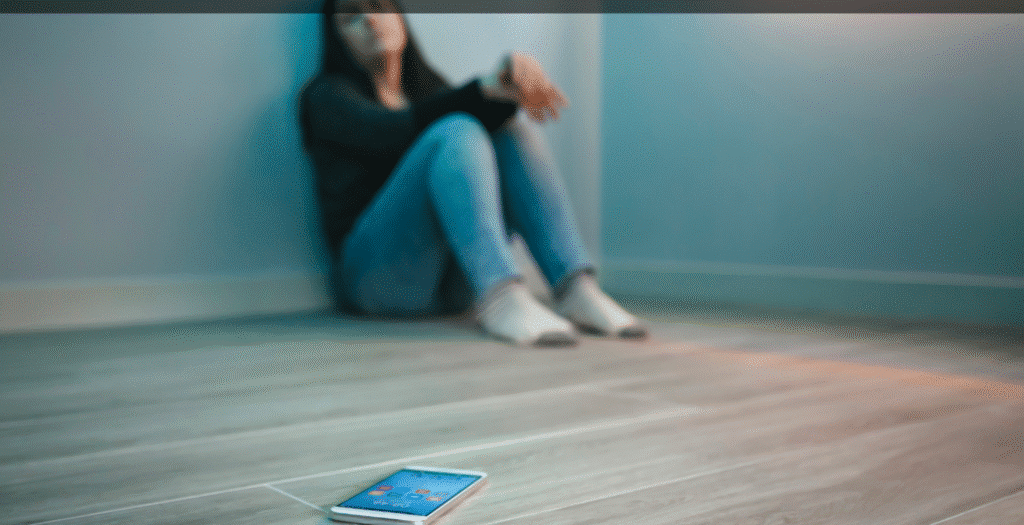
The Data Privacy Risks of Using TikTok
According to U.S. research and intelligence reports, TikTok is one of the most aggressive platforms when it comes to collecting user data.
It doesn’t just track what you post or like — it monitors what you search, what other apps you use, what keys you type, your contacts, your device info, even your entire digital behavior. And much of that data is believed to be accessible to entities in China.
In the age of advanced AI and algorithmic manipulation, this level of data access poses a serious threat. With enough information, a foreign power can shape user beliefs subtly — by personalizing what content you see, what opinions are promoted, and what narratives are pushed.
Over time, this can influence how millions of people think — in ways that serve political or strategic interests far beyond entertainment.
The U.S. government isn’t taking this lightly. TikTok has been officially classified as a national security risk. Federal employees and members of sensitive agencies are strictly banned from using the app on any government-related devices.
When a social media platform knows more about your behavior than you do — and that information is potentially flowing to an authoritarian regime — it’s no longer just a privacy issue. It’s a geopolitical one.
9 Practical Ways to Break Free from Phone and TikTok Addiction
- Start Small: Go One Day a Week Without It
Designate one day each week to disconnect completely — no TikTok, no social media, no unnecessary screen time. Use that time to reconnect with real life. - Track Your Screen Time
Awareness is key. Use built-in tools like Screen Time (iOS) or Digital Wellbeing (Android) to see exactly how much time you’re spending — and where. - Switch to a Basic “Dumb” Phone
Replace your smartphone with a simple device that only makes calls and texts. This removes the temptation entirely. - Use Habit-Building Apps to Rewire Your Behavior
Try apps like Forest, Focus To-Do, or One Sec to help you stay intentional with your time and build better digital habits. - Keep Your Phone Away from the Bed
Don’t charge or keep your phone near your bed. This helps prevent late-night scrolling and improves your sleep quality. - Put Your Phone in Hard-to-Reach Places
Store your phone in a drawer, a high shelf, or another room — anything that adds friction to the habit of mindless checking. - Tweak Your Settings to Reduce Distraction
Turn off non-essential notifications, switch to grayscale mode, or hide addictive apps inside folders to make them less appealing. - Combine Multiple Strategies for Maximum Effect
No single method works for everyone. Experiment with several techniques at once to find a system that fits your lifestyle. - Go Cold Turkey (If You’re Ready)
The most aggressive — and often most effective — method is to quit entirely. Delete TikTok. Block it with parental controls. Cut the cord and commit.
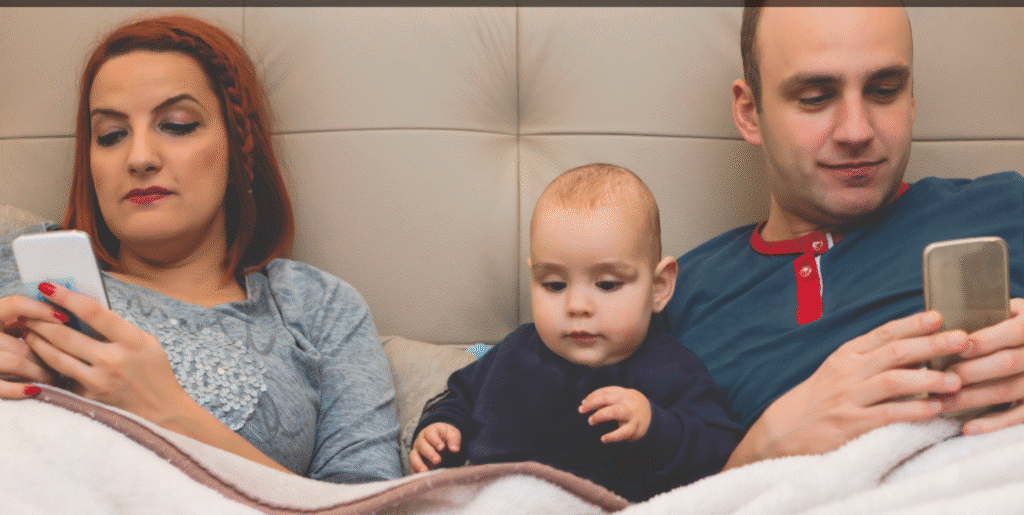
How I Quit TikTok (and All Social Media) for Good — And Took My Life Back
I used to be heavily addicted — not just to TikTok, but to Facebook, YouTube, and mobile games. Every time I picked up my phone, I’d get sucked in for hours. I even spent thousands of dollars on in-game purchases, convincing myself it was harmless fun.
At one point, I bought a high-end smartphone — sleek design, top-tier specs, great camera — for about $250. My excuse? I needed it for a new business project. I told myself I’d use it to take product photos and start building my brand.
But nearly a year passed… and that business never took off.
Instead, I fell deeper into the digital trap — endless swiping, endless gaming, endless procrastination.
Looking back, it was pathetic. Painfully so.
I stayed up late most nights, scrolling until my eyes burned.
And then, one night — a night I’ll never forget — I broke down. A wave of clarity hit me like a truck. I realized I was wasting my life. Slowly, silently, I was killing my own future.
I cried. Real tears. The kind you don’t admit to as a man.
And then I snapped.
I stood up, walked to the stairs, and threw my phone as hard as I could. It shattered on impact.
Then I turned to my laptop — a machine I had bought for nearly $600 just months earlier — and smashed the screen. Not out of anger, but out of desperation. I refused to let these devices rob me of another minute.
It was a bold move. But it saved me.
After that, I placed my new computer in a shared area of the house — in plain sight — with the screen always facing outward. That way, my family could see what I was doing online. That small change kept me accountable.
Little by little, I broke free — from TikTok, Facebook, YouTube, gaming.
And everything started to change.
My business began to grow — fast. My mind was clearer. My confidence returned. I finally felt like I was in control of my time, my energy, and my future.
It all started with a choice. A brutal, necessary, life-saving choice.
And I’d make it again in a heartbeat.
There Is No Plan. Only a Decision.
A lot of people think they need the perfect strategy to cut down on screen time. They wait for the right productivity app, the right system, the right method to gradually reduce their usage.
But here’s the truth: there is no plan.
I tried everything — time limit apps, app blockers, complicated phone settings. I set up strict parental controls on my own devices.
But when that urge hit — when the addiction kicked in — nothing worked.
The truth is, social media wasn’t just wasting my time. It was draining my life.
And anything that steals your life is not just a distraction — it’s the enemy.
And you don’t negotiate with the enemy. You eliminate it.
If you want success — real success — you must take control of your life.
If you want to build something meaningful…
If you want to grow a business, create freedom, earn the house, the car, the future…
Then you have to reclaim your time and protect your focus like your life depends on it. Because it does.
We’re living in an age where everything you need to succeed is already out there — free knowledge, free tools, entire communities ready to support you.
The only thing standing in your way… is distraction.
If you can break free from social media addiction, you’re already ahead of hundreds of millions of people around the world.
Detoxing from TikTok isn’t just about productivity. It’s about protecting your potential. Protecting your peace.
Protecting the people you love.
Respect your time.
Protect your mind.
Reclaim your life.
